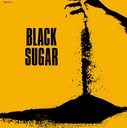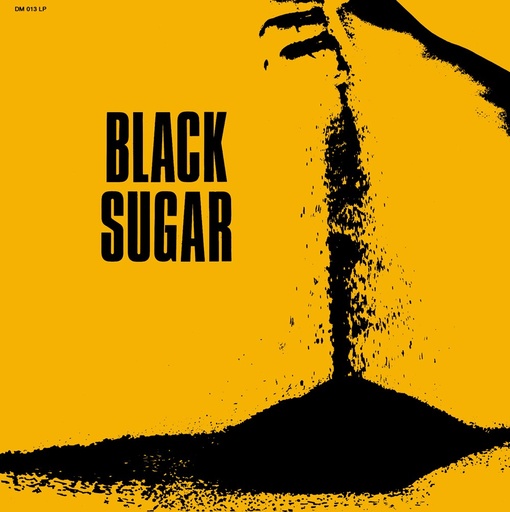TRACKLIST
Side A: A1. Too Late – A2. Viajecito – A3. The Looser – A4. This Time – A5. Funky Man
Side B: B1. Understanding – B2. When You’re Walking – B3. When I Needed Someone – B4. Pussy Cat
DESCRIPTION
First released in 1971, their first self-titled album is filled with the band own original songs. Hot percussions, excellent brass arrangements, superb keyboards and great guitar work with a psychedelic shade.
If Latin funk exists, it’s thanks to pioneering bands like Black Sugar, a Peruvian group created in the early seventies that recorded two fundamental albums for the Afro-American and Latin genre. A pair of albums that are now re-released by the Valencian label Discos Monterey with the usual sound and visual quality to which we are accustomed. The roots of this band come from the Far-Fen (syllables for Farfisa and Fender), formed in the late sixties by guitarist Víctor “Coco” Salazar and Miguel “Chino” Figueroa on keyboards. One night they were spontaneously joined by the sensational voice of Carlos “Pacho” Mejía. In the seventies, in the Peruvian capital there was a shortage of “white” sugar and the darker cane sugar was consumed. Hence the group’s name. Peru was in the midst of a dictatorship and the military were against music that did not come from Peruvian folklore. Rock and roll with foreign roots languished due to the imposition of the established power, and Black Sugar emerged, whose main skill was to mix, with enormous passion and fascinating ability, Latin sounds and the funk that came from the United States.
The result is two memorable albums, with a large part of their own songs and most of them composed by Pacho. The first, with an eponymous title, was released in 1971 by Sono Radio, whose musical director Jaime Delgado Aparicio was in charge of the fiery arrangements with generous brass and energetic percussion. Released with the credits in English, they managed to break into the Top Ten of the Miami charts with the song “Too Late”. They even received an offer to record their next album in the United States, but decided to stay in their country. That second album was released in 1974 with a “quadraphonic” sound, taking advantage of the label’s magnificent studios. From the mid-seventies onwards the desertions began and it would not be until 2010 that the project would be recovered with some historical and younger musicians.
To listen to Black Sugar is to go back to the Peruvian night of the seventies with fiery music, full of sensuality and rhythm. Brilliant songs by a cohesive band that knew how to materialize a memorable fusion project, very original and at an international level. Two unique albums reissued by Monterey that will delight all lovers of Afro-Latin sounds and good music in general.
-Alex Magic Pop


